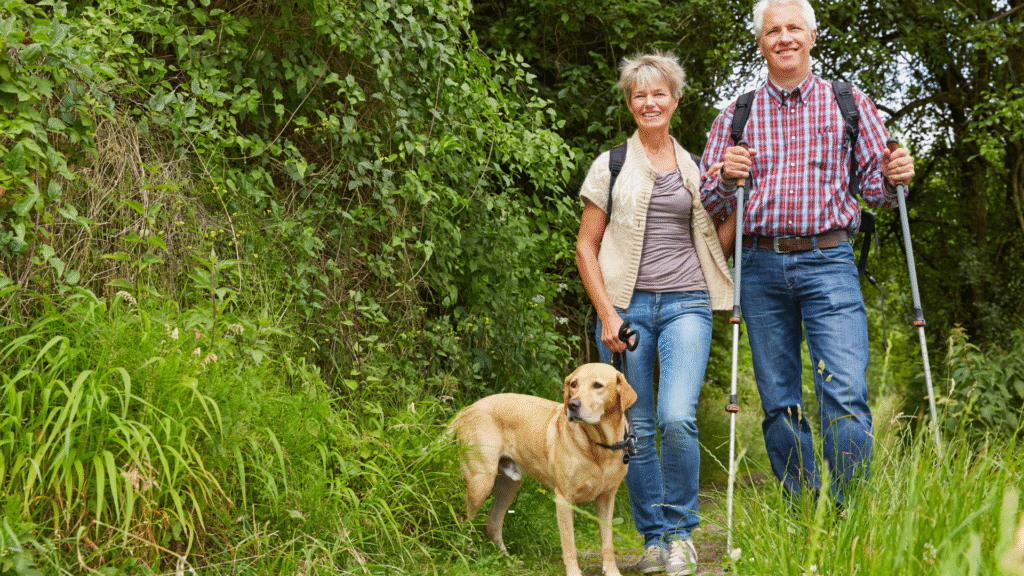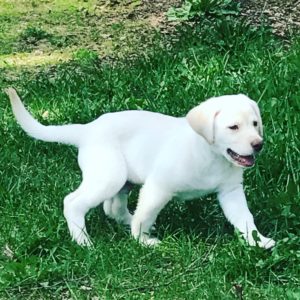Training a dog is a rewarding journey that strengthens the bond between pet and owner. However, for many couples in Anchorage, the process can sometimes lead to months of debate, disagreements, and frustration. The key to overcoming these challenges lies in adopting effective training strategies, fostering clear communication, and understanding the unique needs of both the dog and the household. In this comprehensive guide, we explore how Anchorage couples are successfully training their dogs efficiently, avoiding prolonged disputes, and creating harmonious living environments.
The Unique Dog Training Landscape in Anchorage
Anchorage, Alaska, offers a distinctive environment that influences dog training practices. The city’s expansive outdoor spaces, variable weather conditions, and active lifestyle create both opportunities and challenges for dog owners. For couples, coordinating training routines amidst busy schedules and outdoor adventures can be complex, but with the right approach, it’s entirely achievable.
1. Establishing Clear, Consistent Goals
Successful dog training begins with clarity. Anchorage couples often find that setting common, realistic goals from the outset minimizes disagreements. Whether the objective is basic obedience, behavioral correction, or advanced tricks, aligning expectations helps streamline the training process.
Pro tip: Create a shared training plan that specifies desired behaviors, training milestones, and timelines. This shared vision ensures both partners are on the same page and reduces misunderstandings.
2. Choosing the Right Training Methodology
Different dogs respond to various training techniques. Anchorage couples tend to favor positive reinforcement methods that build trust and encourage good behavior without conflict. Techniques such as clicker training, reward-based systems, and consistent praise foster a cooperative learning environment.
Why positive reinforcement works: It motivates dogs through rewards rather than punishment, leading to quicker learning and fewer disputes over training methods.
3. Enlisting Professional Support When Needed
Sometimes, couples face challenges that are difficult to resolve independently. In such cases, seeking guidance from professional dog trainers in Anchorage can be invaluable. Local trainers understand the regional environment and common behavioral issues, offering tailored advice that accelerates progress.
Benefits of professional training: Expert trainers can identify underlying issues, provide personalized training plans, and mediate disagreements between partners about training techniques.
4. Incorporating Training into Daily Routines
Anchorage couples often leverage their active lifestyles to incorporate training into daily activities. For example, during outdoor walks in Kincaid Park or along the Tony Knowles Coastal Trail, dogs can learn heel commands, recall, and socialization.
Effective strategies: Consistency is key. Incorporate short, frequent training sessions into daily routines, making training a natural part of life rather than a chore.
5. Emphasizing Patience and Flexibility
Training takes time, especially with puppies or rescue dogs adapting to new environments. Couples who succeed in Anchorage recognize the importance of patience and flexibility. They celebrate small victories and adjust their expectations as needed.
Mindset tip: View setbacks as learning opportunities rather than failures. A calm, patient approach prevents disputes rooted in frustration.
6. Clear Communication and Shared Responsibilities
One of the most common sources of debate among couples is who is responsible for training tasks. Successful Anchorage couples establish clear roles, who manages crate training, walks, or command reinforcement—and communicate regularly about progress.
Practical advice: Use shared calendars or apps to track training milestones and responsibilities, ensuring accountability and reducing misunderstandings.
7. Creating a Supportive Environment
A calm, consistent environment aids dog training efforts. Anchorage couples often designate specific spaces for training and play, minimizing distractions during lessons. Additionally, maintaining a routine helps dogs understand expectations and reduces behavioral issues.
Environmental tips: Use designated quiet areas for training sessions, and ensure outdoor spaces are safe and accessible for practicing commands.
8. Utilizing Community Resources
Anchorage boasts a vibrant pet community with dog-friendly events, training classes, and social groups. Engaging with local resources provides support, motivation, and additional training opportunities.
Community benefits: Participating in group classes or meetups fosters socialization for dogs and shared learning experiences for owners, reducing doubts and disagreements.
9. Emphasizing the Importance of Consistency
Consistency is the cornerstone of successful dog training. Anchorage couples who align their commands, routines, and expectations see faster results and fewer debates.
Consistency tip: Use the same commands and cues across both partners, and reinforce behaviors uniformly to avoid confusing the dog.
10. Celebrating Progress and Maintaining Motivation
Finally, couples who celebrate their dogs’ progress—no matter how small, maintain motivation and a positive outlook. Recognizing achievements prevents frustration and keeps the training journey enjoyable.
Celebration ideas: Share photos of successful training moments, reward your dog with favorite treats, or plan fun outdoor activities as a group.
The Role of the Anchorage Lifestyle in Dog Training Success
The active, outdoor-oriented lifestyle of Anchorage residents greatly benefits dog training efforts. Regular outdoor activities, such as hiking, sledding, or kayaking, serve as excellent platforms for practicing obedience and socialization.
Key takeaway: Integrating training into outdoor adventures not only reinforces behaviors but also strengthens the bond between couples and their dogs.
Overcoming Common Challenges
Despite best efforts, some challenges persist, like behavioral issues, environmental distractions, or differing training philosophies. Anchorage couples navigate these hurdles by maintaining open dialogue, seeking external advice, and remaining adaptable.
Example: If a dog is distracted by outdoor sights and sounds, training sessions can be moved to quieter times or locations, gradually increasing exposure.
Building a Harmonious Life with Your Dog
In Anchorage, the journey to successfully train dogs without months of debate is achievable through shared goals, positive methods, professional support, and leveraging the city’s outdoor treasures. The key is cultivating patience, consistency, and open communication between partners.
By embracing these principles, Anchorage couples create a nurturing environment where dogs thrive, behavioral issues diminish, and household harmony is restored. Remember, the effort invested in effective training pays dividends in a lifetime of companionship, loyalty, and mutual joy.










